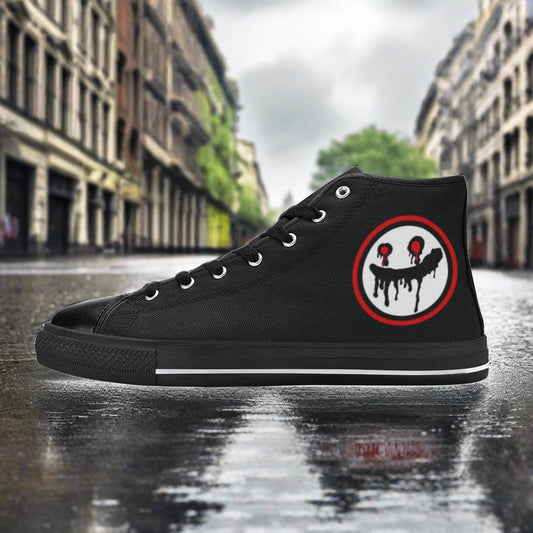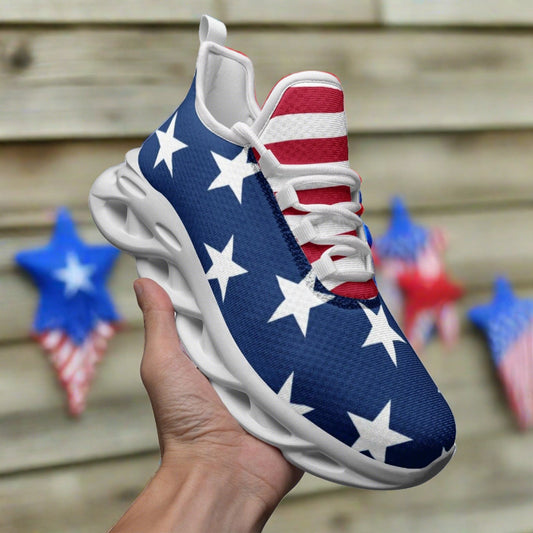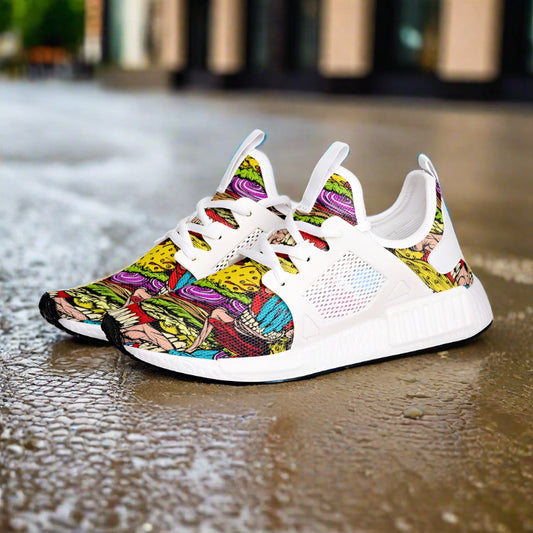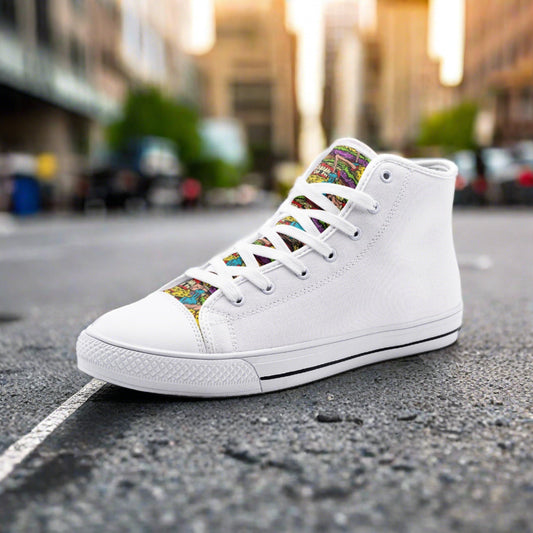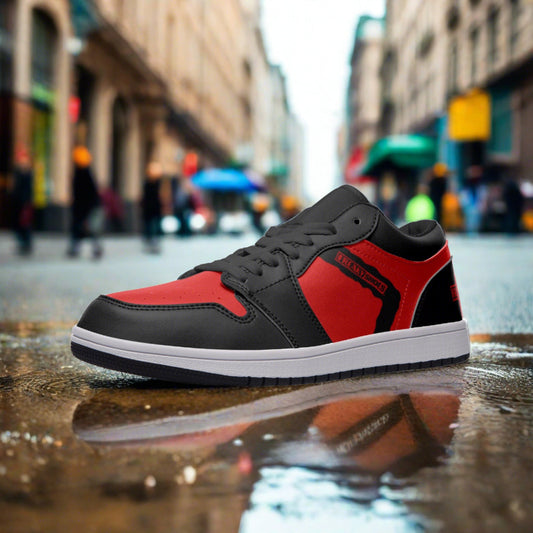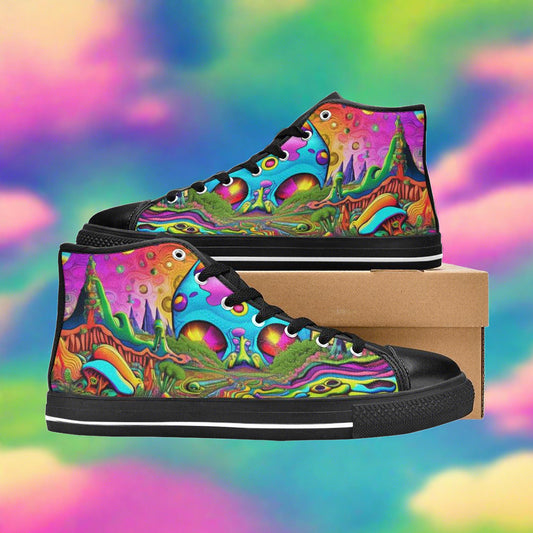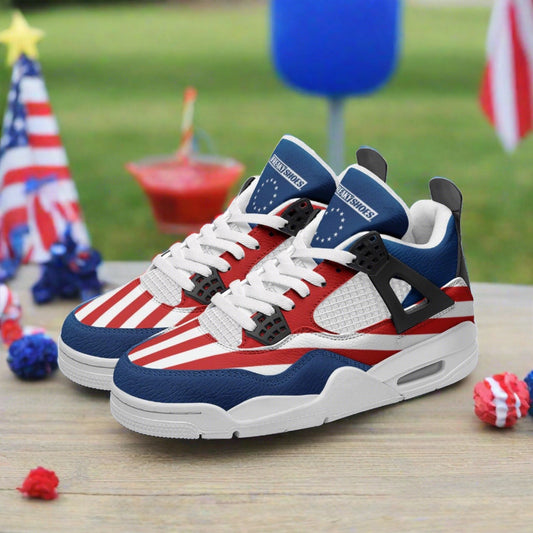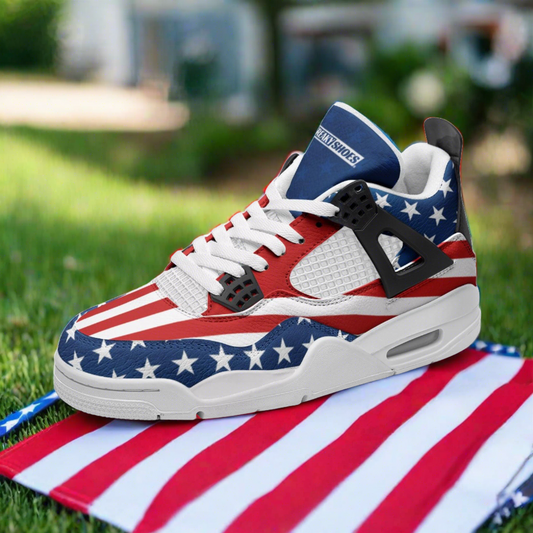The primary reasons why Crocs are so famous and high in demand is because they consist of everything an individual looks for in a pair of shoes: versatility, functionality, practicality, comfort, unique design, and durability.
However, keeping all these factors aside, there is one thing that most people are concerned about, and that is “Do Crocs stink if they get wet?”
Whether you choose to wear them in the rain, at the beach, or just around the house, it is crucial to know how well Crocs can handle moisture and whether they are prone to developing odors.
So, keep reading as we explore all the factors that contribute to odor in footwear, specifically while focusing on Crocs, and share essential tips on how to prevent and manage any potential odors to ensure your Crocs stay fresh.
Do Crocs Stink When They Get Wet

Just like any other footwear, Crocs are also prone to developing an unpleasant odor when they get wet. However, this primarily depends on how you use and maintain them. Nonetheless, here are some factors worth considering:
Water Exposure
If you frequently expose your Crocs to water and do not dry them off properly afterward, the combination of warmth and moisture will ultimately create a breeding ground for bacteria, contributing to odor.
Besides, exposure to dirty or stagnant water can also increase the likelihood of Crocs developing a bad smell. Clean water is less likely to cause odor issues, especially if the shoes are dried promptly.
Material and Design
Crocs are crafted from Croslite, which is naturally resistant to bacteria and aids in reducing odor. However, if the Croslite material traps moisture for prolonged periods, it can eventually give rise to a musty smell.
Crocs are designed with ventilation holes that promote air circulation, which enables them to dry out more quickly, minimizing chances of odor. However, if the shoes remain wet for too long, particularly in humid conditions, they can eventually start to smell.
Environment
Your Crocs are more likely to pick up smells from the environment if you use them outdoors, particularly in muddy or swampy areas.
On the other hand, when you use Crocs indoors or in environments where they do not get excessively dirty or wet, the chance of them developing a smell can be greatly minimized.
Maintenance and Care
The best way to prevent odors is to make sure your Crocs are dried completely after getting wet. This includes air-drying them in a well-ventilated area and using newspaper or a shoe dryer to absorb excess moisture, where required.
Additionally, you should clean your Crocs regularly with mild soap and water to keep the unpleasant and rusty smell away. For a deeper clean, you can also prepare a mixture of water and vinegar or baking soda and use it to deodorize your shoes.
Reasons That Can Cause Crocs to Smell
Even though Crocs are designed to be odor-resistant, no type of footwear is entirely immune to developing an unpleasant smell, especially if they get wet frequently.
In order to understand better whether Crocs are likely to stink when they get wet, it is important to know what causes these nasty odors to develop in your footwear in the first place.
The primary factors that contribute to Crocs potentially stinking when wet include foot hygiene, the interaction of moisture with bacteria, and environmental exposure, which we will explore in detail.
The Role of Moisture and Bacteria
Crocs are composed of Croslite, which is a water-resistant and non-porous material designed to minimize odor.
However, when Crocs are exposed to water, whether from rain, sweat, or other sources, moisture often becomes trapped within the shoe, particularly in areas that come into direct contact with your feet.
Bacteria and fungi thrive in warm, moist environments. Hence, they are bound to multiple once they find their way into your Crocs.
As these microorganisms break down sweat, natural oils, and any organic material present in the shoe, they produce foul-smelling byproducts. This process usually results in the creation of unpleasant odors associated with wet shoes.
If your Crocs remain wet or covered in sweat for a long time, the likelihood of bacterial growth increases significantly. This happens when you do not allow your shoes to dry out completely between uses.
The longer the moisture is present, the more time bacteria have to multiply, leading to more potent odors.
Impact of Foot Hygiene
Our feet naturally tend to emit a lot of sweat and oils, which ultimately find their way in the shoes we wear. This is also the case with the inside of your Crocs.
Even though they are designed to be odor-resistant, the bacteria from your skin can easily be transferred to Crocs if your feet are dirty or particularly sweaty.
When this combines with the external moisture, such as rain or puddle water, this can create a perfect storm for bacterial growth. The bacteria break down the sweat and oils, producing compounds that emit a strong, unpleasant odor.
Therefore, the condition of your feet when you wear your Crocs plays a significant role in whether they will start to stink when they get wet.
Feet are one of the most sweat-prone parts of the body. Hence, if you wear without socks, your skin directly comes into contact with the Croslite material, resulting in a buildup of sweat within the shoe, especially in warm or humid conditions.
If you fail to manage this sweat properly, your Crocs will become wet. And the next thing you know, the combination of sweat and water will serve an ideal environment for bacterial activity and give rise to noticeable odors.
Environmental Factors and Pollutants
The environments in which you wear your Crocs can also influence whether they develop odors when wet. For instance, if you wear them in muddy areas or in wet locations, the external factors can make room for additional bacteria and contaminants into your shoes.
When these contaminants mix with water, they can aggravate the growth of bacteria inside the Crocs. For instance, saltwater, which contains a variety of minerals and organic material, can leave residues that attract bacteria, expediting the development of odors.
On the contrary, mud contains its own set of microorganisms. They often get trapped in the shoes and contribute to the smell, especially when the Crocs are wet.
Even though Croslite is non-porous, small amounts of water and pollutants can still stay on the surface of the material.
When Crocs are repeatedly exposed to wet, dirty, or salty conditions, these residues accumulate. As these residues break down, they tend to release odors that are challenging to eliminate.
Best Practices for Preventing and Managing Odors in Crocs

If you truly wish to prevent or manage bad smells in Crocs, we have compiled a list of several things that can help maintain their freshness and keep them smelling pleasant.
Proper Drying
Whether your Crocs get wet from washing, rain, or spills, it is crucial to dry them. It is also not a good idea to leave them in direct sunlight for extended periods, as this causes Croslite material to become brittle and warp.
A better and safer alternative is to dry your Crocs in a shaded, cool, and breezy spot so that they dry evenly without being exposed to the heat.
Routine Cleaning
Regular cleaning is an essential practice in odor management. By cleaning your Crocs frequently with mild soap and water, you can get rid of all the sweat, dirt, and bacteria that can are responsible behind these bad odors.
However, prevent using harsh chemicals or abrasive cleaners that might damage the material, as they can deteriorate the shoes and make them more susceptible to odors.
After washing, let your Crocs air dry completely in a well-ventilated area. With the right amount of air circulation, you can rest assured your Crocs will be safe from mold and bacteria growth and odor-free.
Good Foot Hygiene
Maintaining good foot hygiene is another effective way to manage odors. Keeping your feet clean and dry before wearing your Crocs aids in keeping bacteria, moisture, or sweat from transferring to the shoes.
The use of foot powder helps to alleviate moisture and keeps your feet dry, especially if you sweat excessively.
Invest In Odor-Resistant Sprays
If you are looking for an effective solution that help you get rid of persistent smells, it is worth using odor-resistant sprays. Look for sprays specifically designed for shoes, as these are created to kill bacteria and neutralize odors without damaging the Croslite material.
Apply the spray to the inside of your Crocs and let them dry before wearing them again. However when you face odor issues persistently, just reapply the spray as required to maintain freshness.
Rotate Your Footwear
Refrain from wearing the same pair of Crocs every day by rotating between two or more pairs. This way, you will allow each pair out and recover from the moisture and sweat they have absorbed.
This practice aids in controlling nasty odors and also extends the lifespan of your Crocs by minimizing the frequency of wear.
Comparing Crocs to Other Footwear in Terms of Odor Resistance
If you start comparing Crocs to other types of footwear regarding odor resistance, their unique features become particularly evident. Crocs are unlike other footwear in their design and material, which contribute significantly to their ability to resist odors.
As discussed, the Croslite material they are made of is inherently resistant to bacteria and non-which prevents it from soaking in moisture. Instead, any sweat or water that comes into contact with the Crocs remains on the surface and evaporates more easily.
Crocs also feature an open design with ventilation holes that further boots air circulation around the foot. All these reasons further minimize the likelihood of bacterial growth and help in the rapid drying of moisture.
This combination of breathability and non-absorbent material makes Crocs highly effective at managing and preventing odors.
In contrast, traditional sneakers mostly have fabric linings that can absorb sweat and moisture from the feet. This moisture-soaked fabric gradually turns into a breeding ground for bacteria and fungi and contributes to unpleasant smells.
The absorption of sweat and moisture by these linings, together with restricted ventilation in many sneaker designs, makes them more prone to odor issues compared to Crocs.
On the other hand, rubber boots are designed to be waterproof, which makes them suitable to be worn in wet conditions. However, this waterproofing can act as a limitation when it comes to managing odors.
Rubber boots can trap moisture inside, especially if your feet sweat a lot of your boots are exposed to wet environments. The lack of ventilation in rubber boots indicates that moisture takes a lot of time to evaporate.
Hence, in the meantime it will create an environment where bacteria and mold can thrive, leading to strong and persistent odors.
Suffice it to say, when comparing these footwear options, Crocs stand out due to their unique material and design. Even after being regularly exposed to water and sweat, Crocs are still particularly effective at keeping odors at bay.
On the other hand, even though traditional sneakers and rubber boots have their own advantages, in general, they fall short in terms of odor resistance in comparison to the innovative features of Crocs.
Conclusion
In general, Crocs are less likely to stink when they get wet compared to many other types of shoes mainly because they are made of a special material. However, just like any footwear, it is essential to maintain your Crocs and care for them properly to keep them fresh.
By following the tips outlined above, you can enjoy the comfort and convenience of your Crocs without worrying about unpleasant smells. If you want to get your hands on the most comfortable, stylish, and trendiest looking shoes that match your unique personality and preferences, consider designing your own custom-made shoes with Freaky Shoes.
With an expansive range of custom-made and customizable shoes designed to suit your unique preferences and needs, you can rest assured freakyshoes.com is no less than a creative person’s paradise. So, stop wasting time and visit our website where you can get start crafting your dream shoes from scratch and transform your vision into reality.












